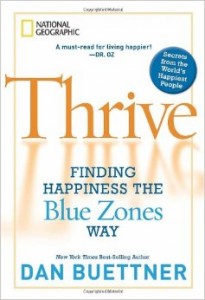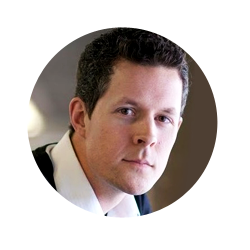
Interesting piece by financial TV guru Suze Orman about why she’s decided to quit her 13-year long TV gig. She sounds excited about moving on to whatever will happen after TV: clearly she’s ready for an equally exciting and influential encore career.
This week, MarketWatch zeroed in on 5 Disastrous Trends impacting future retirees. They are plunging savings rates, vanishing workplace pensions, lack of emergency savings, rising life expectancies [see the Hub’s Longevity & Aging section devoted to this theme] and over dependency on Social Security and Medicaid.
Well, perhaps retirement is overrated anyway? That’s the stance Lawrence Solomon takes in a piece this week at the Financial Post: Here’s a Retirement plan — Don’t! This is more or less what we’ve been arguing all along here at the Hub. I call it the JKW Retirement Plan: JKW stands for Just Keep Working.
However, as I’ve also argued, just because you never plan to retire, doesn’t mean you don’t need to seek Financial Independence. Findependence is always a desirable goal and the sooner the better. Retire by 40 asks the question How long will it take to achieve Financial Independence? It includes an interesting chart that reveals the hard reality: it all depends on your savings rate. If it’s low, it could take more than half a century to reach Findependence. If you could save 90% of your income it could take as little as three years. Note this observation:
The average retirement age in the U.S. is 62. That means most people have about 40 years to save and invest. If your saving rate is 5%, then you probably will not reach financial independence before retirement. Even 10% is iffy.
Well, maybe we’ll all be saved by robo advisers! Lots of press on them lately, including the Hub’s piece Thursday. And in this weekend’s Wall Street Journal, Jason Zweig reports that Charles Schwab is going robo with automated advice. Maybe it’s time to dust off this old piece from Michael Kitces about Why robo-advisers will be no threat to real advisors.
This one is from February but for those who missed it in Roger Wohlner’s Chicago Financial Planner blog, it’s well worth reading: Why using your home equity to invest in the stock market is a bad idea.
The Christian PF blog has an enthusiastic book review of a book that’s already a NYT bestseller: Living Well, Spending Less. The reviewer notes that while it’s not a “Christian” book per se, it’s packed with scriptural references but should resonate with anyone in this materialistic culture: it’s all about decluttering, being content with what you have, cutting your grocery bill in half and more. A bit like the phrase “guerrilla frugality” in Findependence Day!
North of the border, Boomer & Echo takes a look at how the financial advice business is going to be shaken up by a term that may make your eyes glaze over: CRM2. Sounds like inside baseball but read why Robb Engen says CRM2 will usher in A New Age of Enlightenment for Investors.






